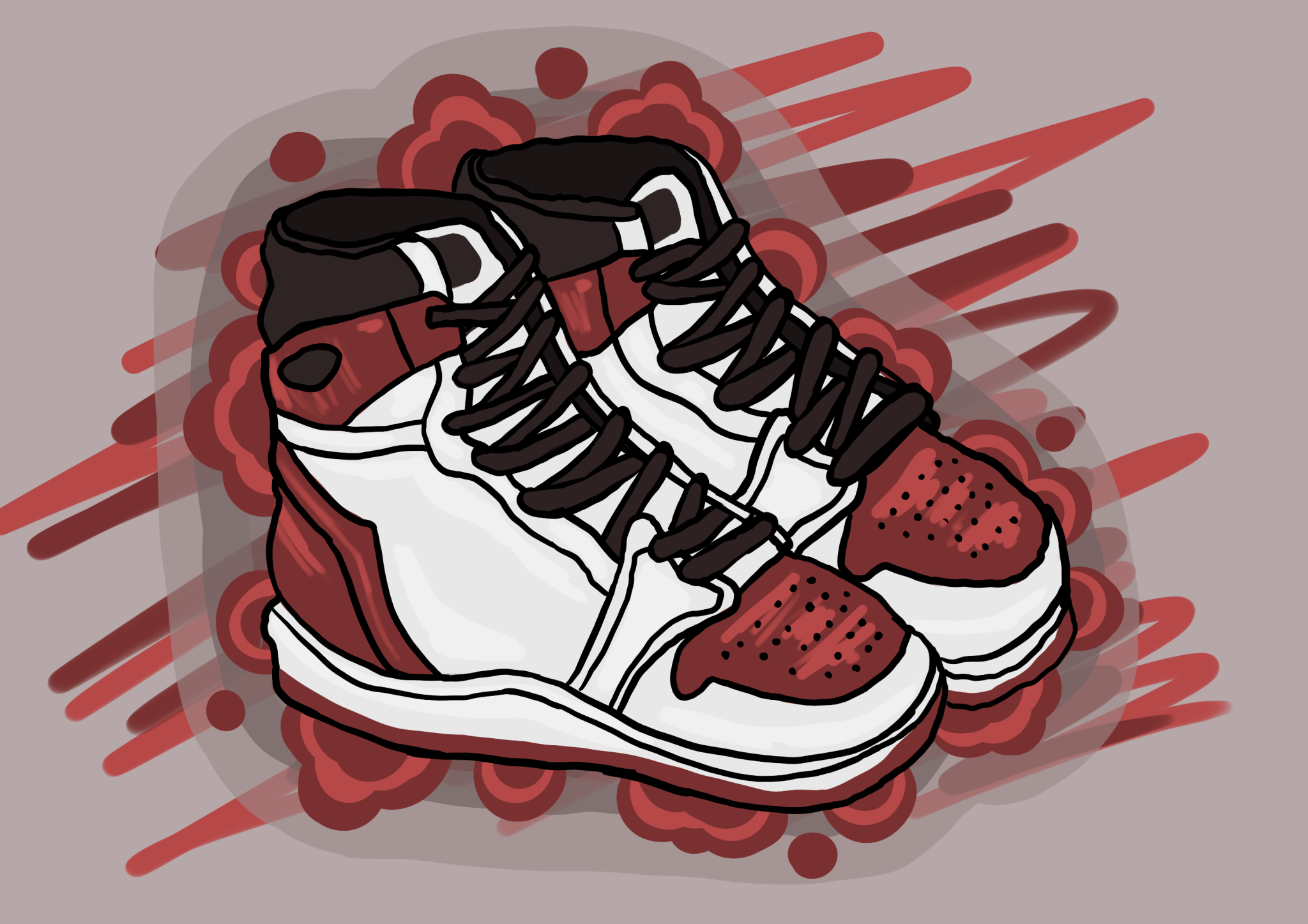The polarizing 1960s were the beginnings of what is now known as contemporary sneaker culture. A subculture emerged amid numerous protests, the Vietnam War, and the civil rights movement. Sneaker culture continued to grow in the late 1970s, thanks to the burgeoning hip-hop movement.
As a result, sneaker culture grew to be significant in African American fashion.
It created a community of creativity, expression, and individuality during times of hate and fear.
Although sneakers may just seem like pieces of melted rubber and cloth to some, they’re actually a massive part of Black culture in the United States. Sneakers have been marketed within the basketball — a Black dominated sport — since the late 1960s, when a majority of the players in the National Basketball Association were Black. Sneaker companies began branding their shoes in connection to famous basketball players and began expanding sales. Black celebrity endorsements skyrocketed the success of these shoe companies. When Nike released their first pair of Air Jordans in 1985, they made a series of ads linking the shoes to Black youth culture. Sneakers began to symbolize the impactful influence that Black culture has over broader American culture.
Sneaker culture back in the ’70s, ’80s, and ’90s was used as an outlet for expression. As this complex culture has evolved it has also grown rapidly all over America and the world. New terms such as “hypebeast” started and more and more collaborations between famous artists and favorite brands began to emerge, faster than ever before. As sneaker culture continues to grow today, people question whether the central values have changed. Berkeley High School freshman with a love for sneakers, Josh Yabusaki, explained what his shoes meant to him.
“To me, shoes are your personality and bring out levels of creativity, there is a way to express your style and your opinions on fashion. I use my sneakers to channel my thoughts,” Yabusaki said. “My interest in sneakers started with my friend, Marquis, and my cousin who was a reseller.”
He explained that he started collecting sneakers in eighth grade with the help of his friend. “Throughout the rest of eighth grade I would buy half authentic and half replica shoes to expand my collection,” he said. Yabusaki talked about the connection he feels between sneakers and his heritage as well. “Sneakers also connect me to my community and are a way for me to celebrate Black history,” he said.
Many other students at BHS share similar feelings towards sneakers, such as freshman Jordan Salgado. Salgado said, “Sneaker culture is generally really inclusive and cool. It doesn’t matter who you are, everyone’s welcome. Sneakers are a way I feel connected to a lot of people.”
Similar to Yabusaki, Salgado became connected to sneaker culture through family. “For example, my old cousin sells and collects shoes and it gives me and him this sort of connection we wouldn’t have without shoes. It makes us a lot closer,” he said.





